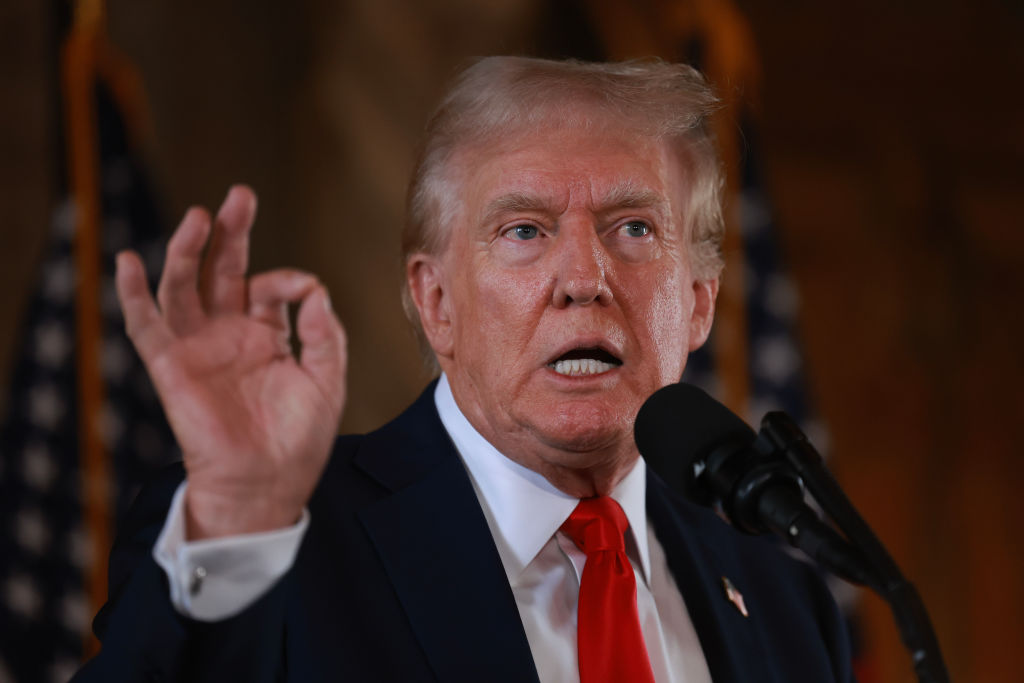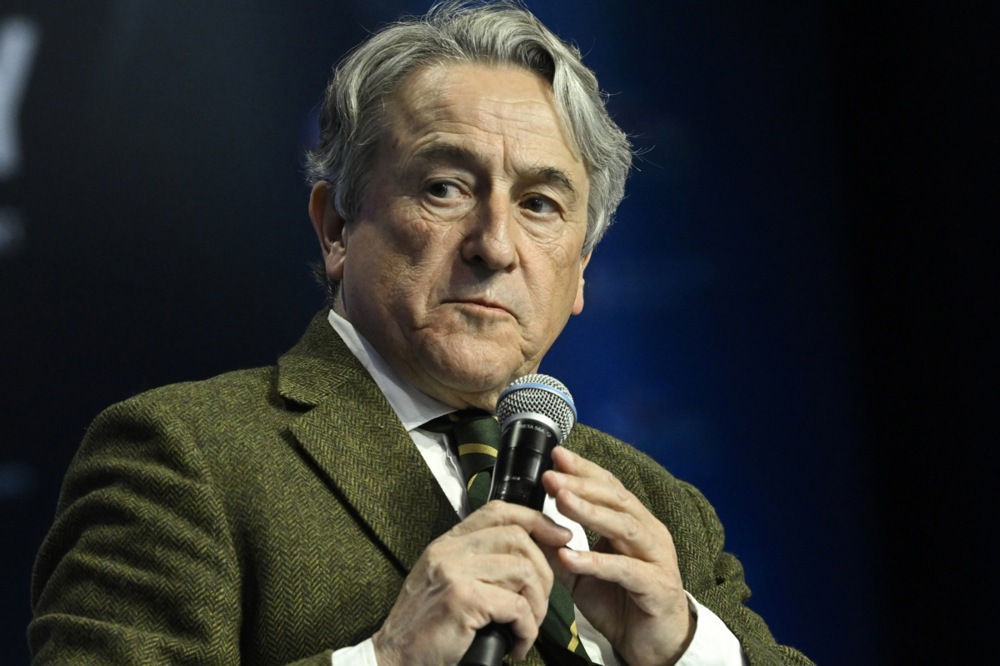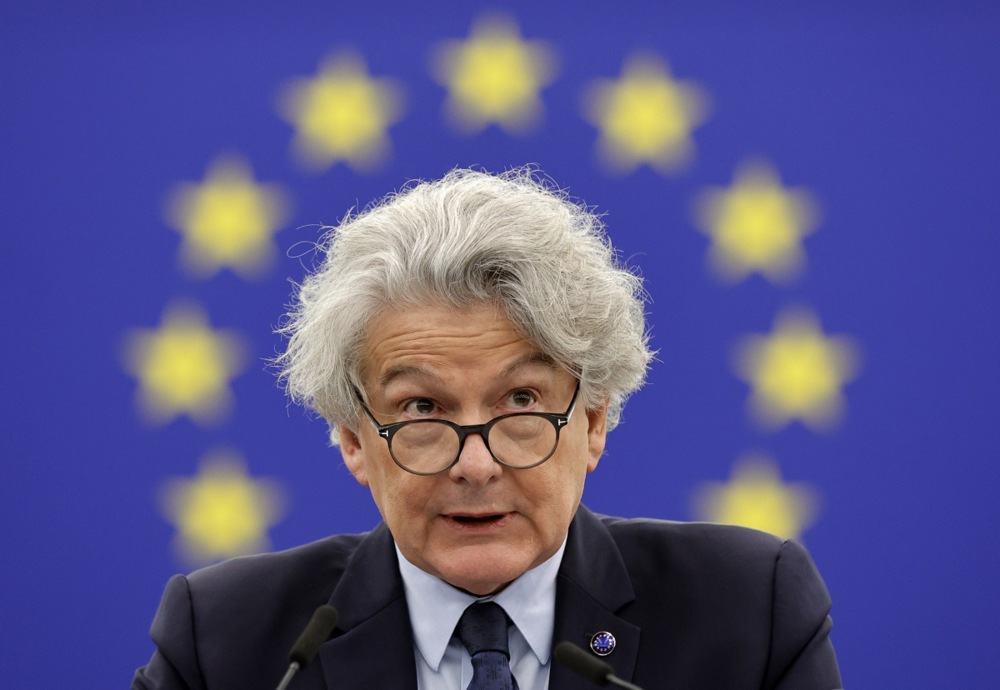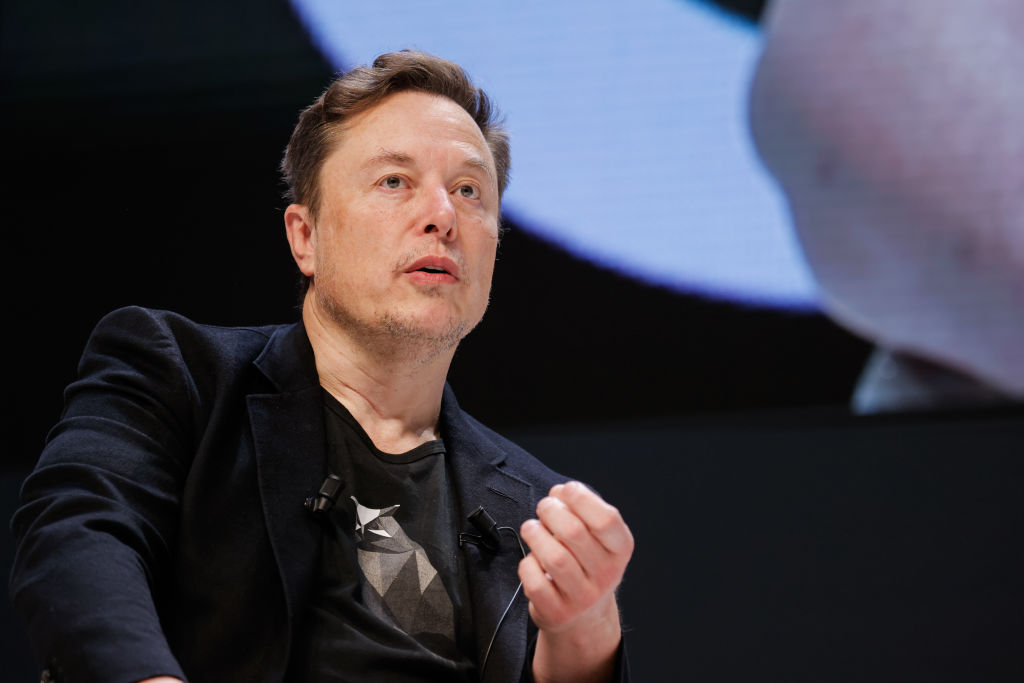Brussels has denied it had any involvement in a threatening open letter sent by Internal Market Commissioner Thierry Breton to X-owner Elon Musk.
In the letter, Breton warned Musk that he must enforce EU-backed censorship rules during his then-forthcoming interview with former US President Donald Trump or run the risk of being sanctioned by Brussels.
Ariana Podesta, the EC’s acting chief spokesperson during the summer break, denied that the body had any active involvement in the letter, which has since been widely condemned in both Europe and the United States.
“The timing and the wording of the letter were neither co-ordinated nor agreed with the [EC President Ursula von der Leyen] nor with the college of the Commission,” she told reporters at a press briefing on August 13.
Podesta made her remark after first trying to downplay the issue, stressing the application of Digital Services Act (DSA) regulations regarding Very Large Online Platforms and that there was an ongoing investigation into X over its compliance.
She added that the EC does not comment on individual cases, though this claim seemingly contradicts Breton’s actions, with his letter openly referencing the body’s ongoing DSA probe into X.
After clarifying that the EC had nothing to do with the letter, Podesta also stressed that neither the Commission nor more broadly the European Union wanted to interfere in the US elections in November.
Former US President Donald Trump has blasted the European Union after a senior Brussels bureaucrat demanded his podcast interview with X owner Elon Musk be subjected to EU bureaucrat censorship. https://t.co/rbceAa2ign
— Brussels Signal (@brusselssignal) August 13, 2024
Podesta’s comments come amid increasing pressure on Breton over his controversial letter, published just hours before a high-profile podcast-style talk between Musk and Trump on X.
In the document, Europe’s self-styled “digital enforcer” took it upon himself to “remind” Musk of his obligations under the DSA.
“With great audience comes greater responsibility,” Breton wrote.
“As there is a risk of amplification of potentially harmful content in the EU in connection with events with major audiences around the world, I sent this letter to Elon Musk.”
Breton’s letter garnered worldwide disapproval, being seen by many critics as a pre-emptive exercise in censorship.
Many lambasted what they felt was Europe trying to make itself the primary global regulator of the internet, including on matters related to free speech and censorship.
X CEO Linda Yaccarino said the letter was an “unprecedented attempt to stretch a law intended to apply in Europe to political activities in the US.”
In response to Breton’s move, Musk tweeted an image with the text: “Take a big step back and literally f**k your own face.”
With great audience comes greater responsibility #DSA
As there is a risk of amplification of potentially harmful content in ?? in connection with events with major audience around the world, I sent this letter to @elonmusk
?⤵️ pic.twitter.com/P1IgxdPLzn
— Thierry Breton (@ThierryBreton) August 12, 2024
The PR disaster is likely to raise further questions regarding Breton’s future role in the new Commission.
Although France has already nominated him to serve as its Commissioner again, his relationship with von der Leyen has reportedly become strained.
When she wanted to appoint US anti-trust expert Fiona Scott Morton as the EU’s top competition economist, it was Breton who led the French charge against it, torpedoing any chances of the American getting the job.
Conversely, Morton has since roasted Breton for his propensity to make grandiose statements, warning that his tendency to drop inflammatory posts on social media could backfire on the Commission.
“I think that firing off tweets, if you’re competition Commissioner, without careful thought about what’s in them and how that will be perceived by courts and other constituencies, could really set back the whole enterprise,” she previously said.
Breton’s new EC portfolio is expected to be different from his previous role, with the politician rumoured to want a “heavyweight” economic position. Many have speculated he wants the job of competition Commissioner, arguably the most prestigious EC position bar the presidency.
Morton claimed Breton would be a liability in such a role because “he isn’t very good, for example, at understanding the legal risk of things that he says.”
Breton also might be haunted by the political situation at home, observers have said, with France being in a deadlock after the recent national elections and the now-weakened position of French President Emmanuel Macron.
A possible new majority French government might end up selecting another potential French Commissioner — something von der Leyen may well prefer.
Rossmann, one of Europe’s largest chains of chemists, has announced it will no longer buy Tesla electric cars for its company fleet because of the support shown by Elon Musk for Donald Trump. https://t.co/AV7pEf3qmC
— Brussels Signal (@brusselssignal) August 7, 2024





